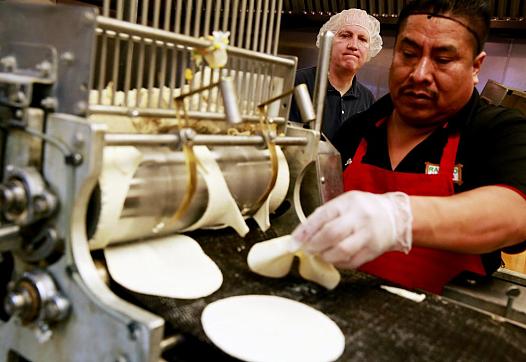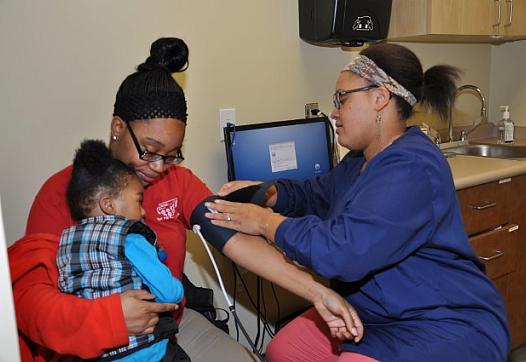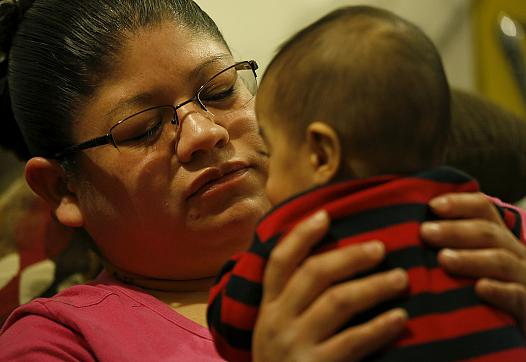
The FDA finally took action on a long-delayed petition Thursday, allowing folic acid to be added to corn-masa flour to potentially prevent birth defects. The vitamin has been added to other grains for years.

The FDA finally took action on a long-delayed petition Thursday, allowing folic acid to be added to corn-masa flour to potentially prevent birth defects. The vitamin has been added to other grains for years.

On Tuesday, National Fellow Michael LaForgia and two colleagues received the 2016 Pulitzer Prize for Local Reporting. In this essay, he shares some of the lessons he learned while reporting the series.

Maggie Clark reported this story with the support of the Dennis A. Hunt Fund for Health Journalism and the National Health Journalism Fellowship, programs of USC Annenberg’s Center for Health Journalism....

Most families didn't want to talk to SinoVision reporter Melody Cao about autism in their families. Then she turned to the messaging app WeChat, and found parents suddenly were willing to talk about their challenges.

Gary and Beverly Trotter were asked by family services to foster their two grandsons in December. They were supposed to receive about $800 a month. Almost four months later, they’re still waiting for that money.

Just before President Obama announced a new set of new initiatives to boost access to addiction treatment this week, a four-part series on NPR looked at the opioid epidemic's smallest victims, and what can be done to improve their care.

"It’s around 10 p.m. when I call a crisis worker for victims of domestic violence in remote Northern California," writes reporter Emily Cureton. "I’m panicking, 150 miles away in Oregon. I’m really afraid someone is going to get hurt tonight."

Upwards of two-thirds of uninsured kids in the U.S. are eligible for Medicaid or CHIP, but aren’t enrolled. New research suggests parent mentors could be a highly effective solution to getting more low-income kids insured, with potentially huge cost savings.

The percentage of babies born to women who didn't receive prenatal care had increased dramatically in Bexar County, Texas, over four years. What was driving this? Sometimes the lack of answers becomes part of the story.

Can parenting classes help end America’s disgraceful child-abuse epidemic?